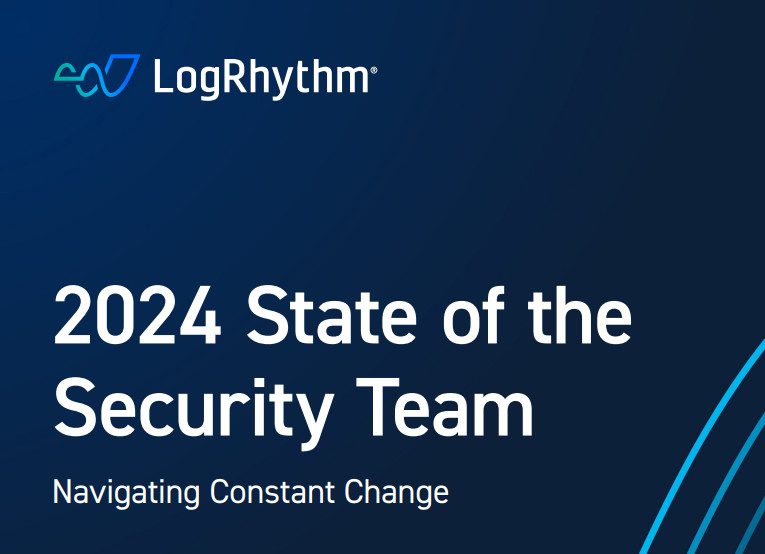In cybersecurity, 2024 is marked by significant transformations. Businesses worldwide have faced an unprecedented rate of change in the threat environment evidenced by 95% of companies reporting security strategy adjustments within just the past year. This continual adjustment to strategies is primarily driven by the relentless pace of regulatory shifts, AI adoption and customer expectations regarding data protection and privacy.
The necessity for organizations to remain agile and adaptive in their security approaches has never been more critical. The 2024 cybersecurity environment is dynamic, with traditional defense mechanisms continuously being challenged by innovative threats, particularly those powered by advancements in artificial intelligence (AI). This environment demands a proactive and flexible strategy that can respond to current threats and anticipate future challenges.
At the heart of these strategic shifts is the role of leadership within organizations. The accountability for security breaches has risen to the highest levels, with 78% of professionals pointing to the cybersecurity leader or CEO — or both — as bearing the ultimate responsibility for protecting against and responding to cyber incidents. The perception of cybersecurity has changed from a purely technical issue to a central component of business strategy and corporate governance.


